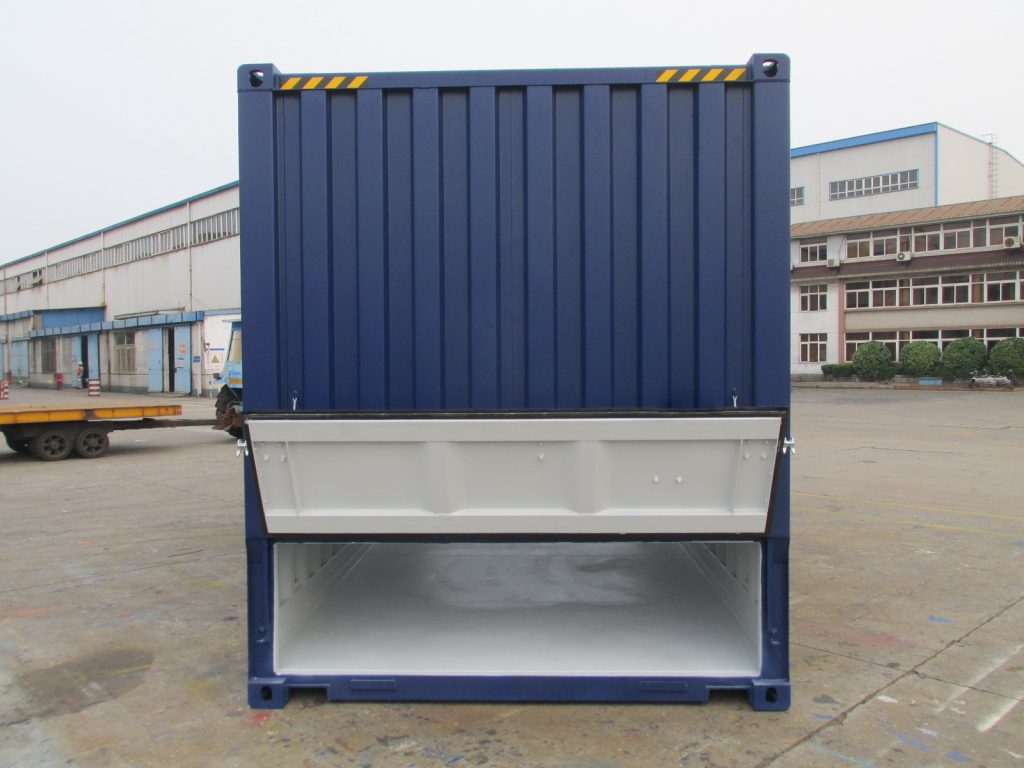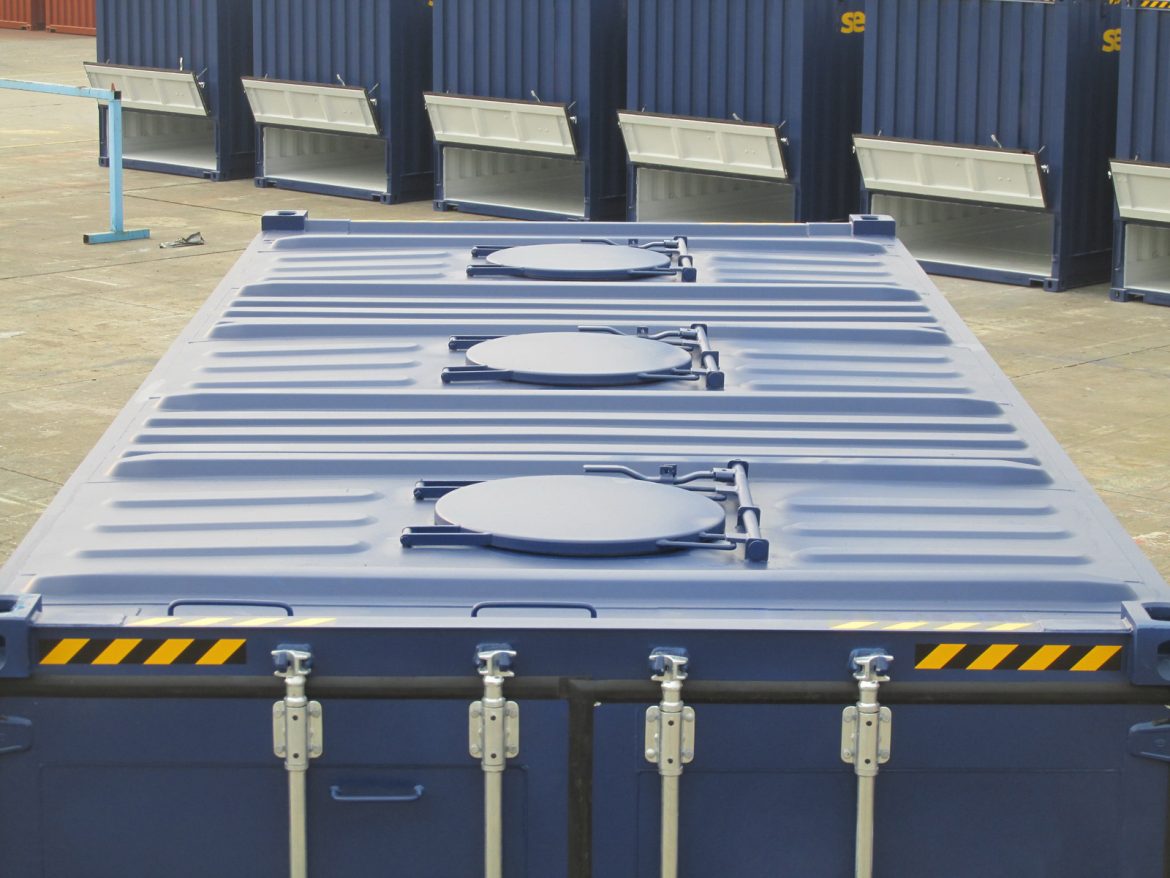Among companies trying to reduce their environmental impact, reusable transport packaging is becoming more and more appealing. Reusable packaging may greatly cut carbon emissions, save resources, and cut waste unlike conventional single-use packaging. The bulk containers are essential for transporting large quantities of goods, offering efficient storage solutions for various industries.
1. Drop in Landfill Use and Waste
The capacity of reusable transportation packaging to lower waste is among its most important environmental advantages. After one usage, traditional single-use packaging including foam inserts, plastic wrap, and cardboard boxes frequently finds their way in landfills. Reusable packaging, on the other hand, can be used several times over its lifetime, therefore dramatically lowering the waste production. Choosing reusable solutions helps businesses help to lessen the load on landfills and assist to solve the mounting waste management issue.
2. Protection of Natural Resources
Reusable transport packaging reduces the demand for fresh raw materials, therefore conserving natural resources. For the manufacturing of paper, plastic, and other packaging materials, single-use packaging sometimes calls for the ongoing extraction of resources such wood, oil, and water. Reusable packaging, on the other hand, is made for lifetime, so over time less materials are required. Reusable packaging supports more sustainable resource management by lowering the demand for raw materials, so helping to protect forests, lower oil extraction, and save water.

3. Less Carbon Footprint
Carbon emissions from single-use packaging’s manufacture, transit, and disposal are somewhat large. Conversely, reusable transportation packaging can drastically reduce a company’s carbon footprint. Unlike the continuous manufacturing cycles needed for throwaway packaging, the creation of reusable packaging is one-time. Furthermore, compared to the energy-intensive methods connected with manufacturing new single-use packaging, reusable packaging sometimes requires less upkeep. This causes a significant drop in greenhouse gas emissions over time, therefore assisting worldwide initiatives to slow down global warming.
4. Minimizing Packaging-Related Pollution
Usually ending up as trash, single-use packaging poll rivers and land. Particularly plastics can take hundreds of years to break down, therefore endangering ecosystems and species. By keeping materials in a closed-loop system and hence preventing their becoming environmental pollutants, reusable transport packaging helps to solve this problem. Durable fabric bags, metal containers, and plastic crates are among reusable choices meant to resist repeated use without breaking down into microplastics or other toxins.
Made from durable materials, bulk containers are designed to withstand heavy loads and harsh handling conditions during transport.





